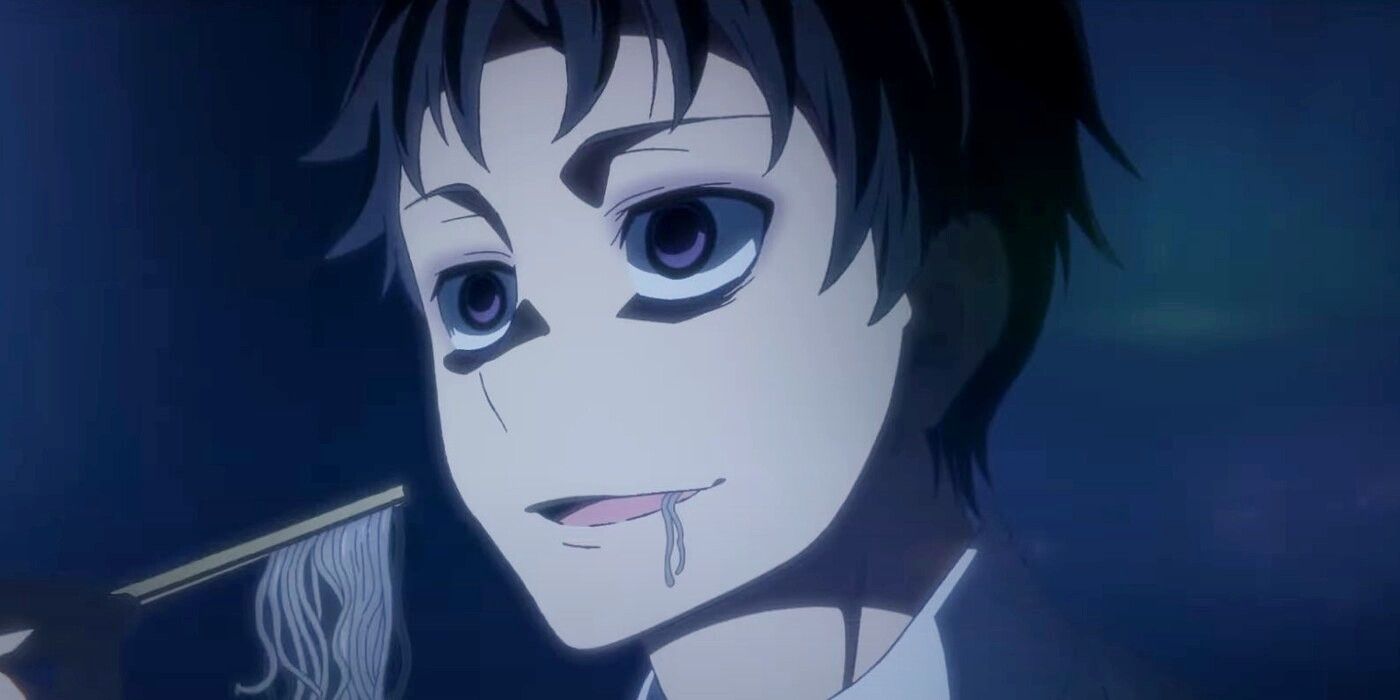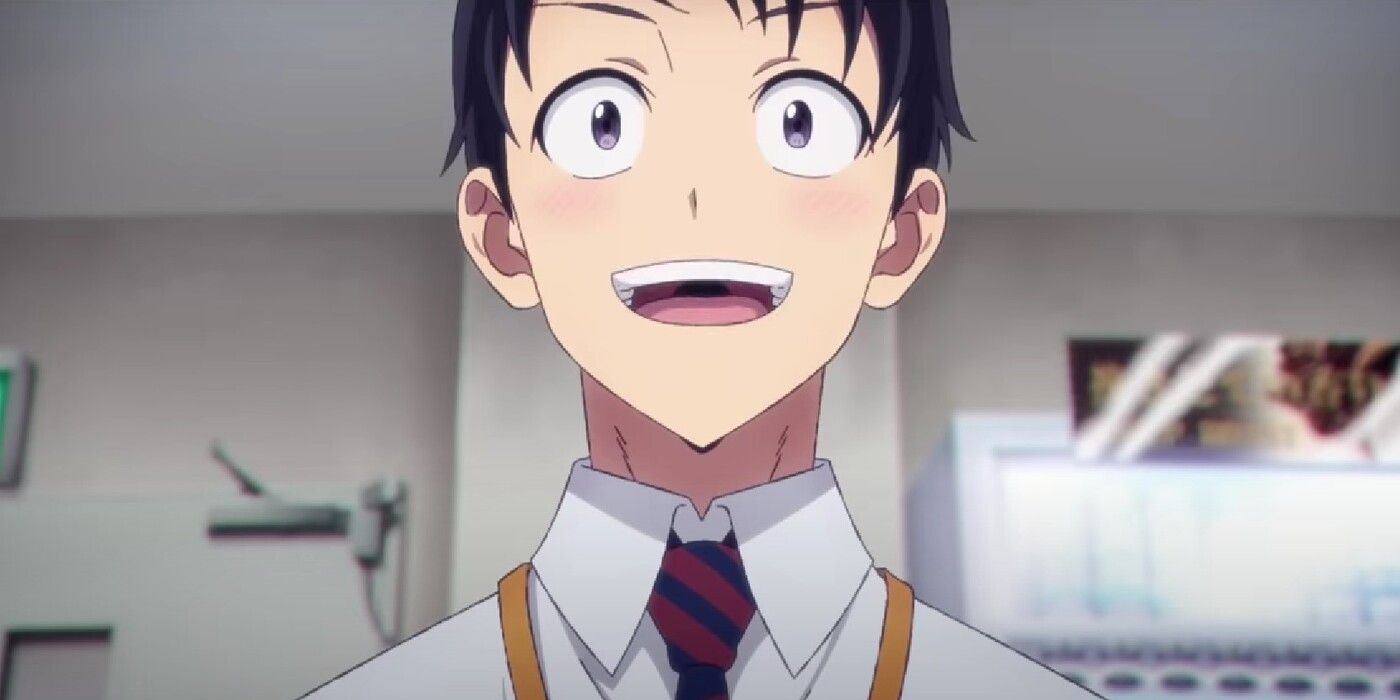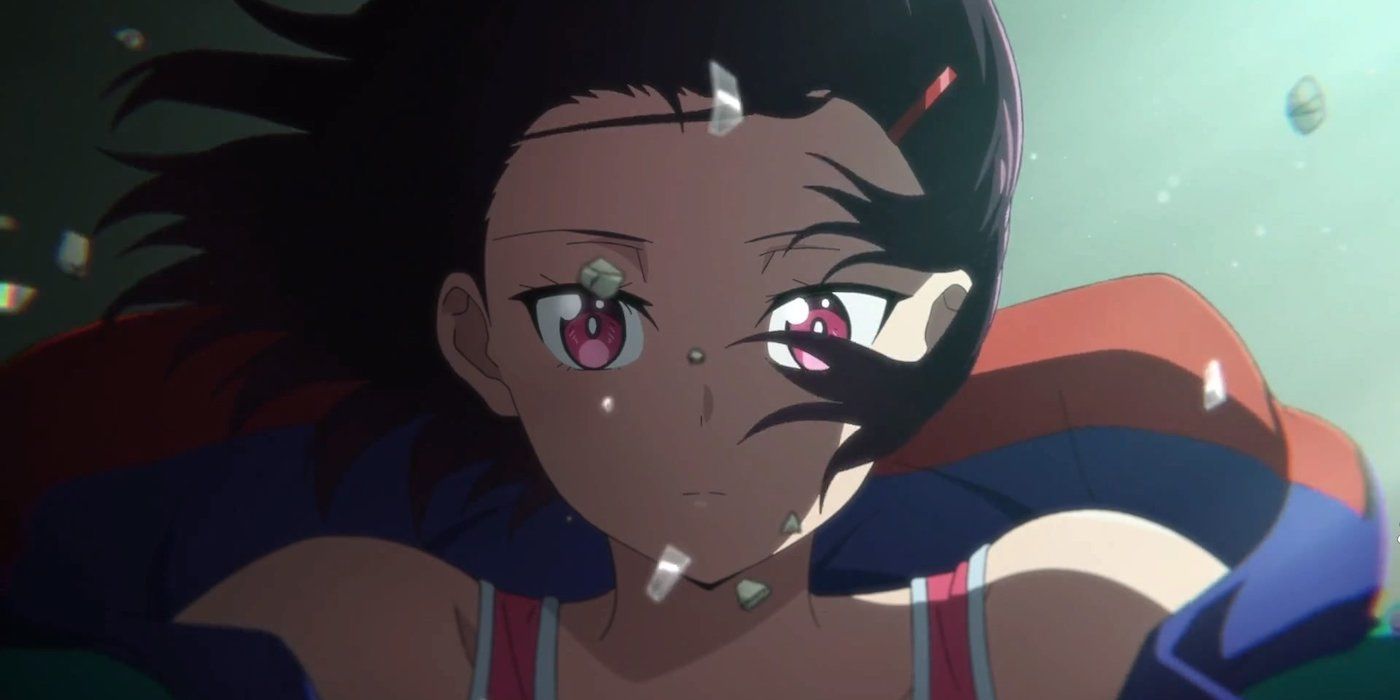Adulthood is a mythical thing made of disillusionment and broken promises. The dreams that are built in childhood and during the teenage years are often restructured and deconstructed as adulthood creeps up. People are often unprepared for the shattering of those childhood wants, the world of adult responsibility and pain sending them spiraling into patterns that don't necessarily make them happy. Instead, life becomes survival — the act of shuffling from place to place in order to continue doing the same thing over and over again. This has been the lived experience for many Millennials as they lumber ever closer to their middle age.
Zom 100: Bucket List Of The Dead manages to capture this disillusionment and existential dread almost eerily. Much of the anime surrounds the thoughts and feelings that many Millennials go through on a daily basis, and their own desires for escape are expressed in an extremely relatable way. While seeming like a very simple zombie narrative at first, the story amplifies the helpless screams of a generation as they struggle against the forces that keep them zombified.
The Millennial Experience Is Uniquely Explored
Akira's world is a dull gray. He shuffles from his apartment to his job and back again, overworked and underappreciated at a Black Company. He loves a girl he's never spoken more than two words to and is unable to feel the motivation to do any of the things he used to enjoy. He is, in effect, the walking dead in the metaphorical sense. He doesn't enjoy living, doesn't have the resources or the energy to enjoy life. He can only survive, which is no way to live at all. It takes a truly apocalyptic event, the zombie plague, to break him free of this feeling. Instead of fear or dread, the normal emotions felt during such a massive shift in trajectory, Akira feels elated. He's the happiest he's been in years, running from zombies and loudly proclaiming his joy at not having to go back to work. This is a feeling that many Millennials know all too well, and he resolves to do all the things he couldn't do before in this brave new world before the inevitable happens.
Even the youngest members of the generation are in their early twenties, getting jobs, leaving college hounded by debt and getting their first true tastes of adulthood. Many of them have been faced with low wages, incredibly high rents, price hikes, and more. It can feel impossible to get ahead or to even reach the same level of comfort that earlier generations were able to achieve more easily. Systems that were once in place to protect people have been systemically dismantled, and it has created a ripple effect of outrage and exhaustion in equal measure. Zom 100: Bucket List Of The Dead encapsulates this concept at its core. The end of the world is the only promise of freedom because the current world and how it operates is already the worst-case scenario for so many people.
Each of the main characters captures a different part of that experience. Akira is one of the more on-the-nose examples. His friendship with Kencho is rekindled as a result of this chaos. Kencho, who he was originally jealous of because of his perceived perfection, also finds relief in this world as he's no longer forced to compromise his sense of decency for the sake of a good paycheck. He's now free to pursue his real dream of becoming a comedian. Shizuka, through her association with them, is able to escape from the impossible expectations put on her for perfection and enjoy life for what it is. Beatrix is in the middle of her own escape when the apocalypse comes and is able to thoroughly entrench herself in the things she loves, now free from all other responsibilities. Each character speaks to different experiences, and each one offers a glimpse into a world where there is escape from the crushing weight of the world itself. The timing of Zom 100's release is perfectly in line with what is happening to many young people today, both inside and outside of Japan, as they rally against the traditional structures that no longer work for them.
But There Is Hope In The Darkness
Zom 100: Bucket List Of The Dead is an anime with an agenda. That agenda relates entirely to the titular bucket list itself. Akira and his friends add their wants to the list as time passes, but the actual wants on the list are incredibly benign. Even at the beginning, Akira wants very simple things. He wants to spend all day just enjoying beer or reconnecting with his best friend. The list itself might actually be the saddest thing in the entire show because of what it represents.
The list is titled "things to do before I become a zombie," the scenario presented as something as inevitable as death and accepted as such. The goal of the list is to maximize the time that Akira has left, and to give him new goals. The things he lists are so simple, things that are incredibly relatable for many Millennials — like wanting to just relax or to see a friend they miss deeply because of misplaced rage. The list includes the kind of things that work and school and life come before, but the kind of things that would improve the quality of that life. Akira's desires could only be fulfilled in a world where the structures of the previous generations had been entirely wiped out, replaced with something new and terrifying.
The things that Akira had been raised with, the structures that he'd striven to become a part of in order to advance his life, had been the very same thing that had been killing him and his friends. They were being kept as zombies because of the vampiric nature of the world that they had crossed into at the threshold of adulthood. Zom 100: Bucket List Of The Dead depicts the zombie apocalypse as the preferable ending, the best-case scenario for the majority of the main cast, despite its danger as a new world is born from the ashes of the old. The hypothesis is one where fun and joy while surviving are given the same balance, championing the end of those structures that made cities into necropoli. In the end, the zombie apocalypse is better than the nine-to-five grind.



